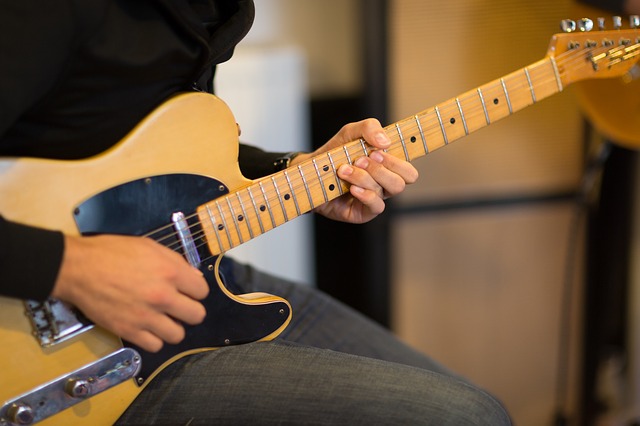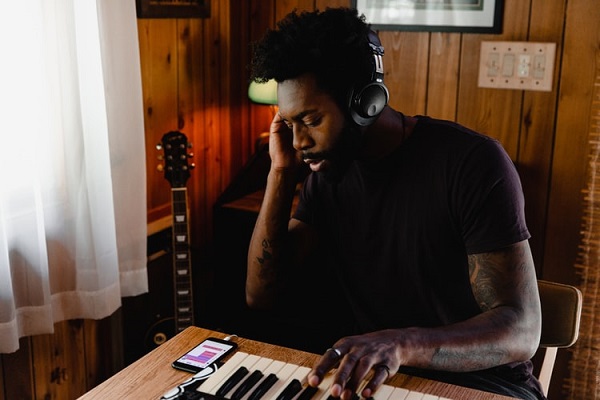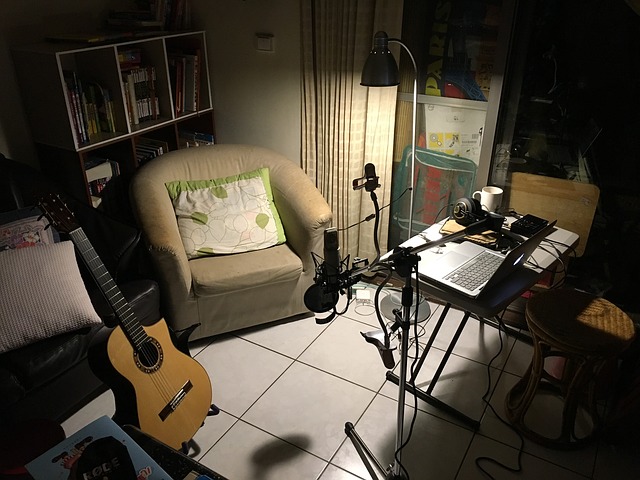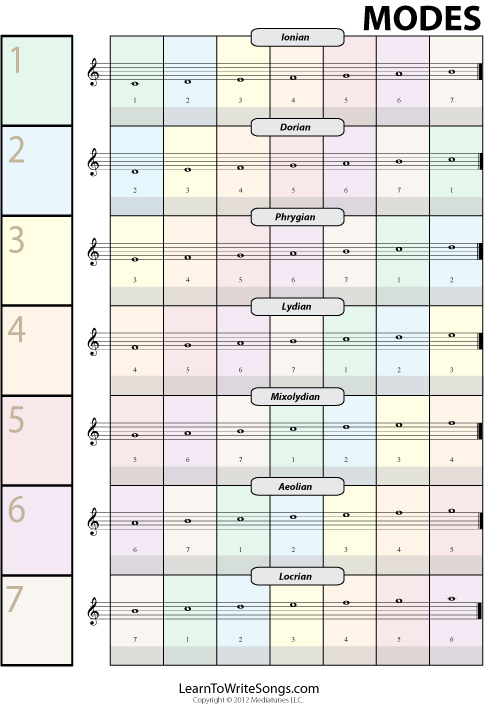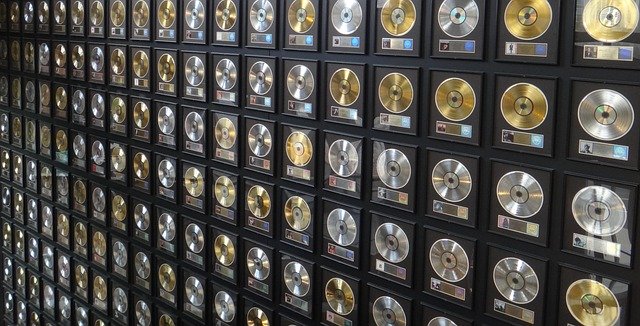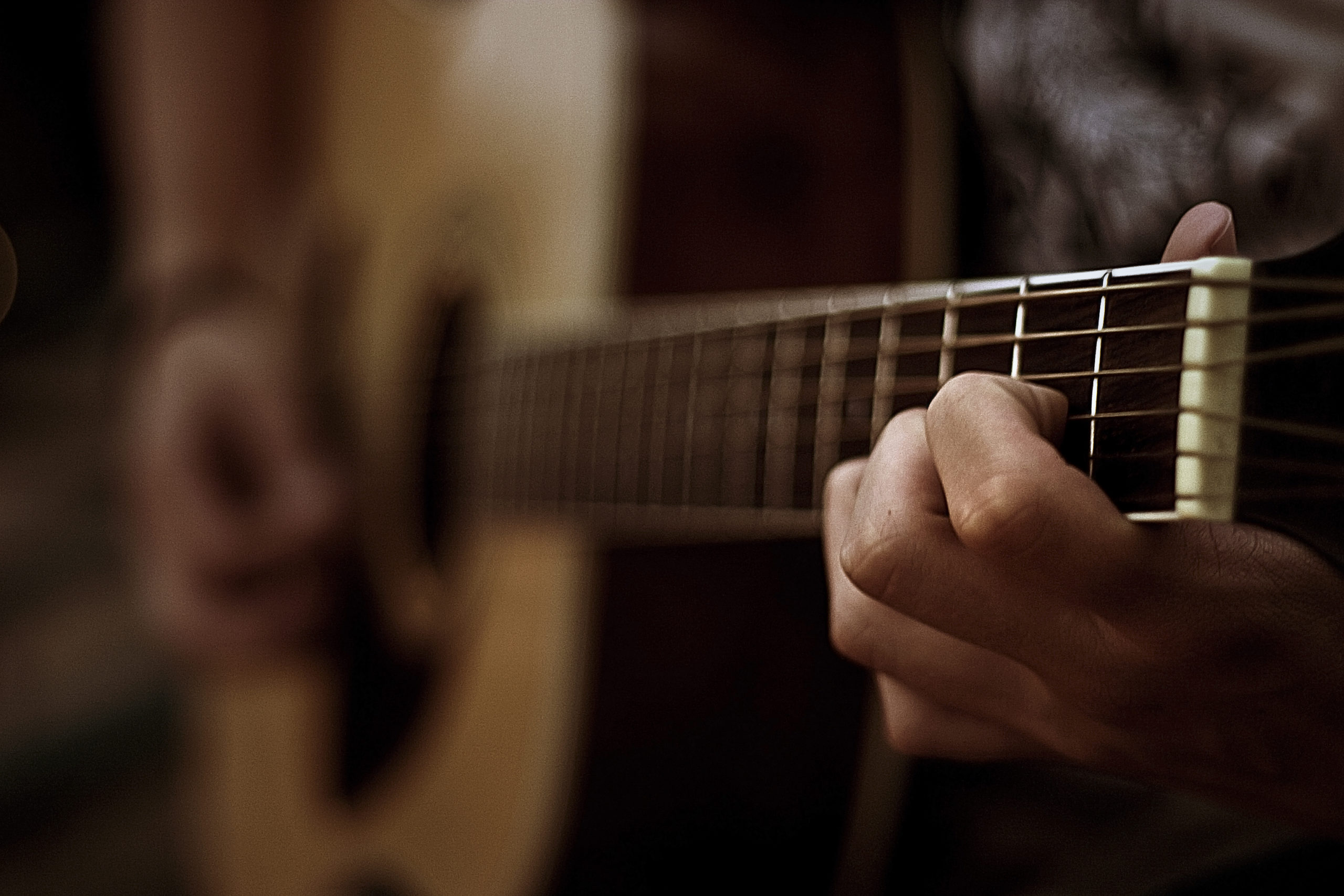5 Tips to Turn a Guitar Riff Into a Song
After the first attempt, even the most seasoned guitar players realized that songwriting is a horse of a different color. Don’t be disheartened by the new challenge and its learning curve. A well-composed song is a permanent reflection of you as an artist.
In this post, I’ll share five handy (interconnected) tips that will help you turn a good riff into a great song. Of course, my method isn’t the only way to go about it. But I learned it from the pros and found it to be immensely helpful.
So, with the hope that you can accomplish your creative goals with it, let’s get to it.
Don’t get frustrated when you hit a dead end. Even great artists like Bob Dylan proclaim that they’ve discarded twice as many ideas as they’ve recorded in a studio album. The important is to keep at it.

